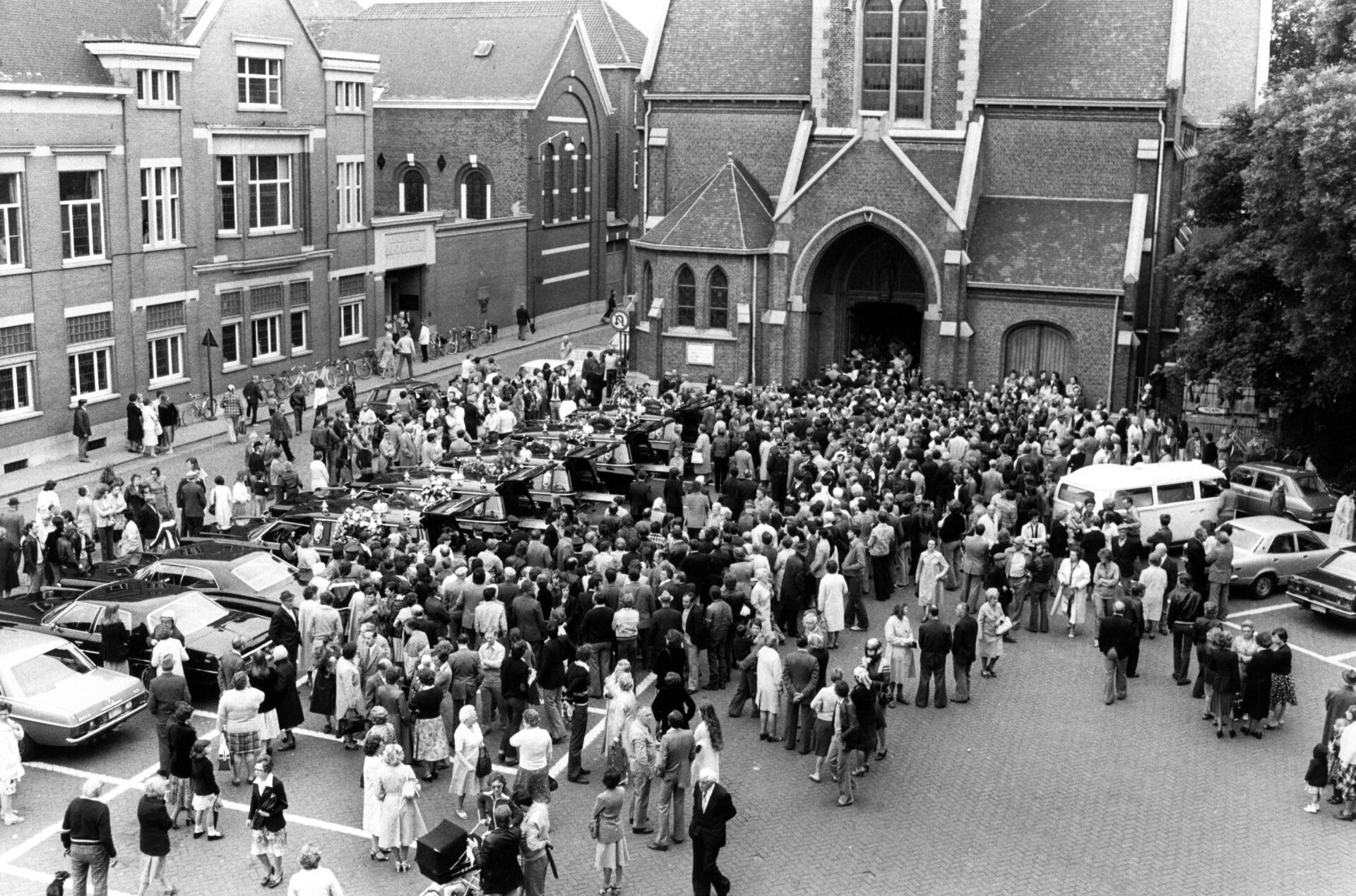The European Court of Human Rights (ECHR) has ruled that convicted Belgian serial killer Freddy André Horion's lack of a realistic prospect of release is a human rights violation.
The court unanimously stated on Tuesday that there had been a violation of Article 3 of the European Convention on Human Rights (prohibiting inhuman or degrading treatment) in Horion's case.
He is now aged 75 and has been in detention since June 1979. That year, he killed five members of the same family during a robbery. He was sentenced to death by the West Flanders Assize Court that same year, a sentence commuted to life imprisonment with hard labour in November 1981.
The murderer, who is being detained in Hasselt prison, has been eligible for day release since 1991, for short-term leave of absence since 1992, for limited detention or electronic surveillance since 1993 and for parole since 1993.
Since the early 1990s, he has applied for parole, limited detention or electronic monitoring every year, but all his requests have been rejected by the authorities, who considered that his rehabilitation programme was "insufficient to prevent further serious offences."
Ongoing predicament
In March 2017, a panel of psychiatric experts stated in a report that prolonging Horion's stay in prison was no longer appropriate, "both in terms of public safety and with a view to his resocialisation and reintegration into society." However, they added that a return to society without any preparation, as Horion had proposed, entailed a "moderate risk of reoffending."
The panel proposed that he should stay in a forensic psychiatric unit which would "make it possible to mitigate the risks and provide the applicant with an appropriate living environment that would serve as a transition between prison and society."

The funeral of the Steyaert family members who were murdered by Horion. Credit: Belga Archives
Horion applied to all Flemish medium-security forensic psychiatric units, but was rejected because they only admitted patients in compulsory confinement and not convicted people.
He then decided to take his case to the ECHR. Horion stated that the domestic courts found that his detention shouldn't be extended, but that the same courts refused to release him until he had spent time in a forensic psychiatric unit, which was not possible owing to his status as a convict, effectively meaning he had "no practical possibility of rehabilitation."
"The Court considers that the predicament in which the applicant found himself for several years owing to the practical impossibility of securing a place in a forensic psychiatric unit, although his detention in prison was no longer considered appropriate, meant that he currently has no realistic prospect of release, a situation prohibited by Article 3 of the Convention," the ECHR ruling stated.
Horion's lawyer Jürgen Millen has announced he is going to reflect with his client on the ruling. "What the Court says must not remain a dead letter. He must be able to be reintegrated into society, preferably in the short term. It is now up to the Belgian government to take its responsibility."
Related News
- Seven suspects under arrest for planning terrorist attack in Flanders
- Man shot dead in middle of street in Ghent
Both Horion and the state of Belgium now have three months within which they can ask for the case to be referred to the Grand Chamber of the ECHR for a final ruling. If there is no referral request or if a referral request is rejected, this judgment will become final.
"Once it is final, it is largely up to the Member States to decide how best to implement ECHR judgments, under the supervision of the Council of Europe’s Committee of Ministers," Andrew Cutting, spokesperson for the Council of Europe, told The Brussels Times.
"Depending on the circumstances, that can mean taking steps to rectify the situation of the individual(s) involved and/or introducing more general measures to make sure that the same violation doesn’t happen again."

